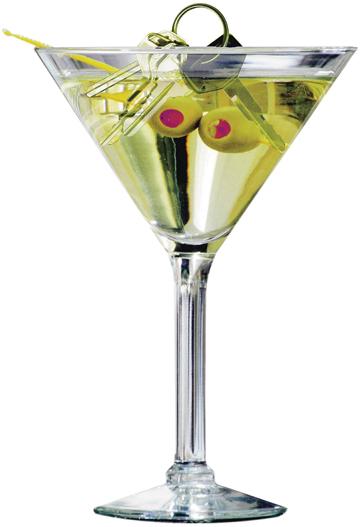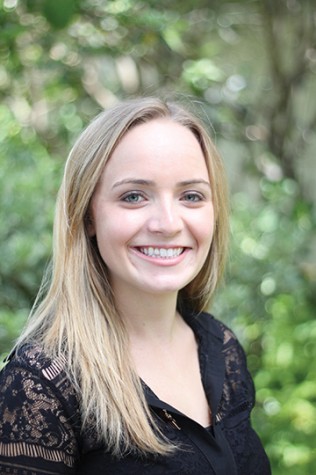
Driving isn’t my strong suit. Receiving my license took a few tries and I have always been forced to rely on my brave passengers to make my driving a team experience, including checking around the car and telling me when it’s safe to change lanes. Needless to say, the last thing I need to do is throw in another distraction and risk another mark on a long record of accidents. Because of this, I have never drank and drove. But it doesn’t mean I’m immune to the effects of those who do.
In 2010, a national survey reported approximately 25 percent of college students admitted to driving under the influence within the prior month. This means one-fourth of our peers potentially put themselves and others on the road at risk with their impaired driving abilities. These people chose to combine having a good time and the convenience of driving, while overlooking the potentially fatal morning-after consequences.
Looking at what the real issue is, it comes down to two obvious components: drinking and driving. The allure of alcohol-induced shenanigans has been around long enough that little can be done to stop college students from excessive drinking. The driving situation, on the other hand, has alternatives, including options for our school to help out.
Rather than ending a long night of misplaced memories with the decision to get behind the wheel, why not let somebody else do it for you? Obviously designating a member of the party crew to remain sober is the best option, but that doesn’t always happen. To address these issues, several universities have implemented programs to keep their students safe, regardless of their state of mind.
A program at University of Massachusetts Amherst offers a shuttle for its students on weekend nights. The bus picks students up from a designated location in the center of town and has several drop-off spots around the residence halls and off-campus housing.
Similarly, a student started a program at Appalachian State University that has spread to seven other campuses because of its popularity. Those in need of a ride can go onto the organization’s website and sign up to be a part of the service. Volunteers respond to their inebriated peers and drive them home safely. The program is not funded by the school in any way and is based solely on the goodness of students, who hopefully receive some well-deserved tips.
Although neither of these models will completely eradicate drunk driving around their campuses, they are at least a step in the right direction; a step San Diego State should look into as well. After reading about these other universities, I couldn’t help but wonder why a school with so many students living on or within a couple miles of campus wouldn’t have some kind of system in place to keep their drunken pupils safe. Even those who choose to walk the late-night trek back to their homes put themselves at risk for assault and other alcohol-induced crimes. Not all students live near campus, but it seems easy to help out those who do in some way.
Jim Lange, coordinator of the SDSU Alcohol and Other Drugs Initiatives, explained the issues with programs such as these. In the past, SDSU had a shuttle service similar to the one at UMass Amherst, but was apparently canceled because it was unpopular. Since then, there has been some talk of starting a new program, but no action has been taken. Limited financial resources and no ideas on how to fill the needs of students living far from campus have staunched any innovative thinking on the topic. Lange emphasized the importance of a designated driver as a first option, but understands it doesn’t always work out.
“We’re still trying to work on an infrastructure for providing when things go wrong,” Lange said. “That’s where a safe ride program would be helpful.”
The problem isn’t a lack of interest. Students and faculty understand the benefits of such a program and the downside of its absence. Still, no one has created anything.
It’s time for SDSU to get creative about keeping students safe. Chances are, stupid drunken decisions will never be a thing of the past, but that doesn’t mean it shouldn’t do all it can to make them few and far between. Why not at least start up a volunteer-based program? We could offer community service hours to those who need it or even for students dealing with disciplinary issues in the dorms. We could call on our fellow Aztecs to give up one night of partying each semester to provide sober rides for others in exchange.
There’s no magic solution to creating a drunken utopia of only happy buzzed feelings with no negative side effects. To guarantee these times remain blissful college memories, it’s necessary for Aztecs to come together and support one another’s safety in any way we can.









